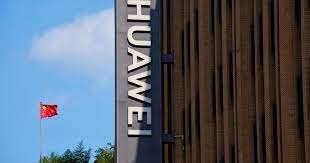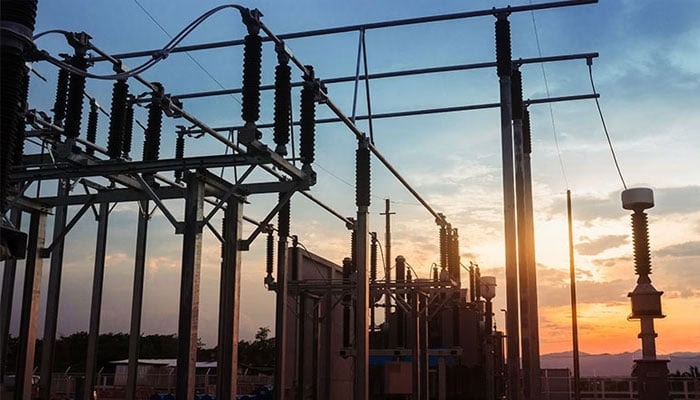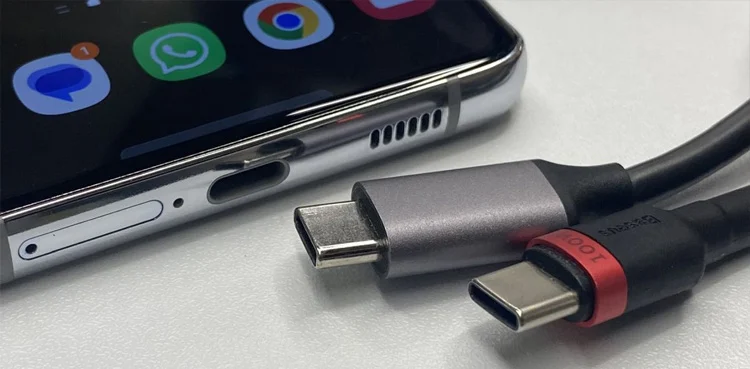In a significant development, the United States has revoked licenses permitting companies like Intel and Qualcomm to export chips used in laptops and handsets to Huawei Technologies, a sanctioned Chinese telecoms equipment manufacturer. Sources familiar with the matter revealed that several companies were informed of the license revocation on Tuesday, with immediate effect, although the U.S. Commerce Department refrained from disclosing the names of the affected entities.
The move comes in the wake of Huawei’s recent launch of its AI-enabled laptop, the MateBook X Pro, powered by Intel’s latest Core Ultra 9 processor. This release attracted criticism from Republican lawmakers, who alleged that it implied approval from the Commerce Department for Intel to supply chips to Huawei.
While Intel declined to comment on the matter, Qualcomm did not respond to requests for comment, and Huawei remained silent.
The Commerce Department, confirming the license revocation, refrained from specifying the affected licenses, a move presumably spurred by pressure from Republican China hawks urging the Biden administration to adopt a tougher stance against Huawei.
This development poses potential challenges for Huawei, which relies on Intel chips for its laptops, and may also impact U.S. suppliers engaged with the company. China has strongly opposed the U.S. action, labeling it as an abuse of export controls without valid justification.
Amidst these tensions, Intel has been grappling with subdued demand for its conventional data center and PC chips, as evidenced by a recent stock market value decline. Huawei’s inclusion on a U.S. trade restriction list in 2019, owing to espionage concerns, necessitates suppliers to obtain special licenses before engaging in business with the company.
However, some suppliers, including Intel and Qualcomm, have received licenses to continue supplying goods and technology to Huawei. Notably, Qualcomm’s licensing of 5G technologies to Huawei remains a key aspect, despite restrictions on chip shipments.
Critics argue that such licenses have contributed to Huawei’s resurgence, as evidenced by its smartphone sales surge and the growth of its smart car component business. Despite export restrictions, Huawei continues to navigate the market, leveraging strategic partnerships and innovations to maintain its position amidst geopolitical tensions.



